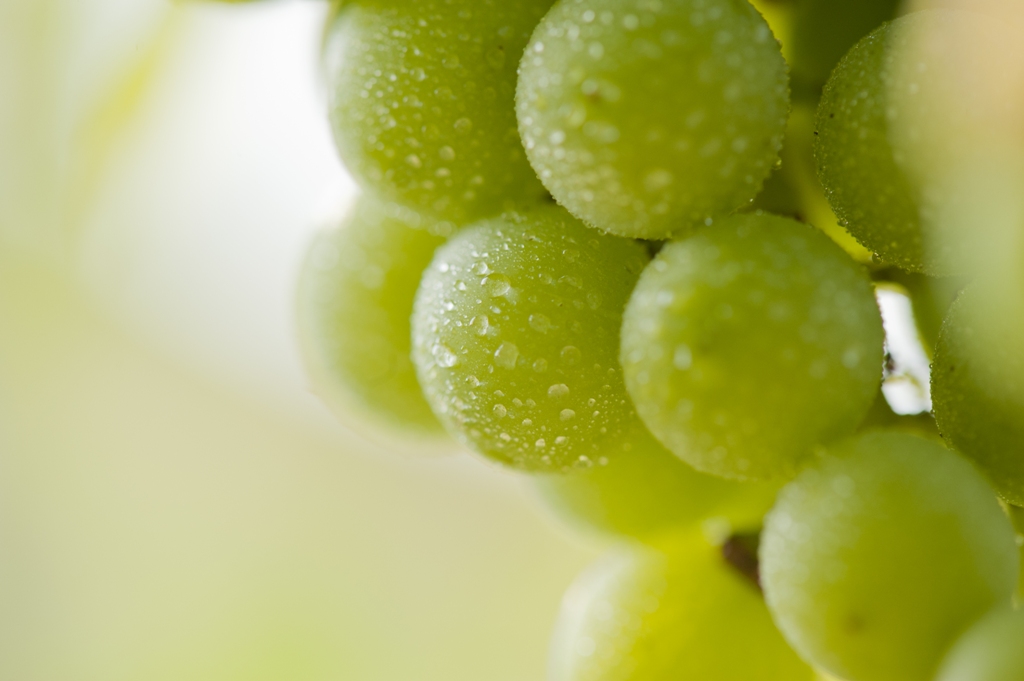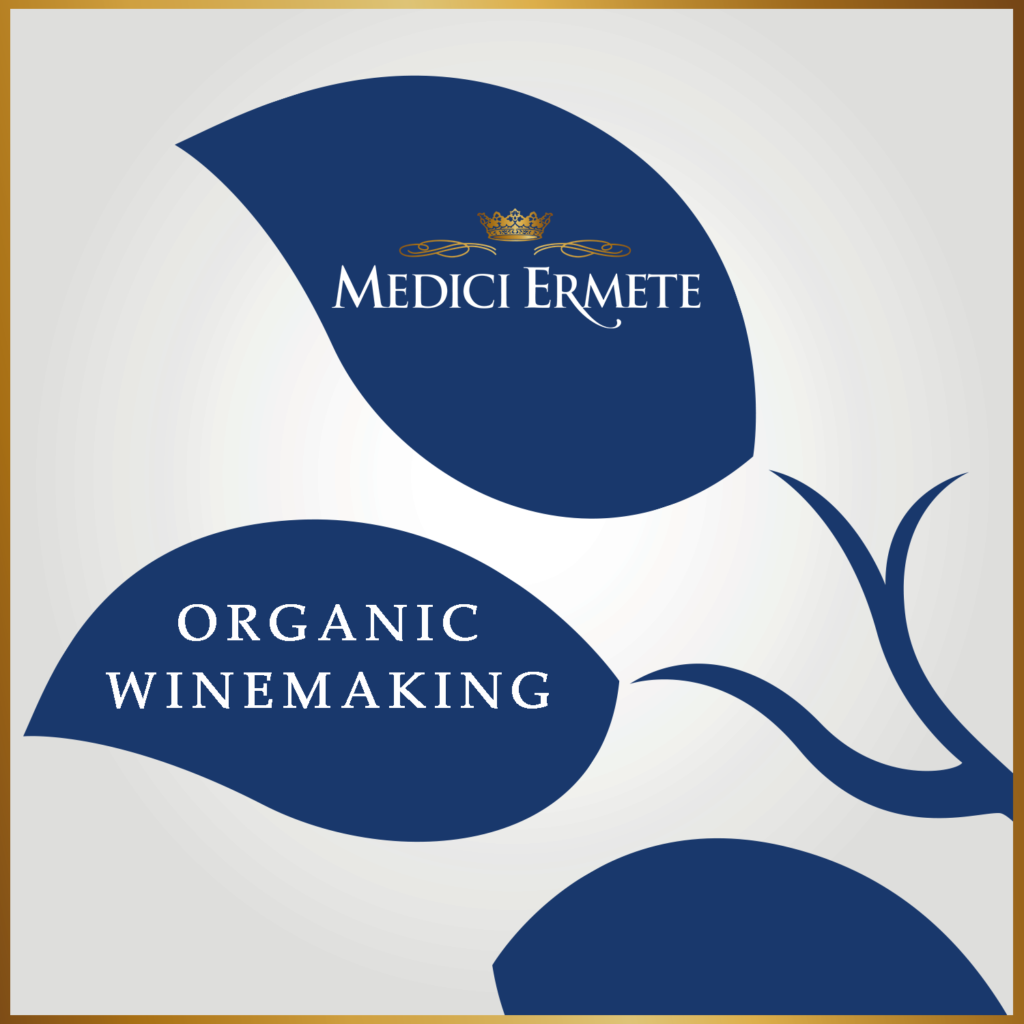The winemaking principle that guides the oenologist who works in an organic regime is to minimize interventions and aim for the highest quality of the wine.
To do this, it is essential that the quality of the grapes arriving in the cellar is good.

The production of organic grapes depends mainly on the soil: the balanced nutrition of the vine influences the composition of the bunch, which in turn influences the winemaking process. The environmental and climatic conditions during the flowering season have a big impact on the quality of the grapes; biological defense techniques (which we have already talked about here), used if and when necessary, can help to safeguard the quality of the grapes and the resulting wine.
Prevention is the key word in organic wine production.
Even after observing all the good practices in the vineyard, it is necessary to follow others in the cellar, starting with the selection of the yeasts. The issue is complex and in recent years a bit of confusion has also arisen, probably due to various factors such as new winemaking experiments, an increasingly important attention to the environment and the arrival of new markets that have specific requests.
Let’s start by clarifying the biggest misunderstanding: native and indigenous yeasts are two different names that identify the same concept. When we talk about selected yeasts we mean something different and that we will see specifically in a very short time.
For now, what needs to be clarified is that wine can be made starting from two different conditions: the use of native or indigenous yeasts or the use of selected yeasts.
Native yeasts are naturally present on the skin of the grapes at the time of harvest. These are yeasts of different strains and therefore can act on grapes in an extremely different way. Some may start fermentation with great fury, but stop shortly after, others may start later, but be more stable.
The process is therefore variable, and generally winemakers struggle to have complete control, especially when it comes to many hectares of vineyards and in different wine-growing areas. Medici Ermete owns almost 80 hectares of vineyards divided into 5 estates between the provinces of Modena and Reggio Emilia and working with indigenous yeasts would be extremely complex.
We therefore use selected certified organic yeasts that allow us to work in a targeted and timely manner. They have been selected to guarantee a good course of fermentation with certain and sure results on the resulting wine.
The yeasts we work with must necessarily be certified organic as this is a fundamental step to obtain the same certification on wine.
Were you aware of the obligation to work with organic yeasts in organic viticulture? In recent years the regulation has become more and more precise and cellarmen and oenologists are increasingly careful to preserve the quality of the wines and enhance their tastes and sensations.
Follow us on our social networks to continue the conversation and use the hashtag #generation2031!



